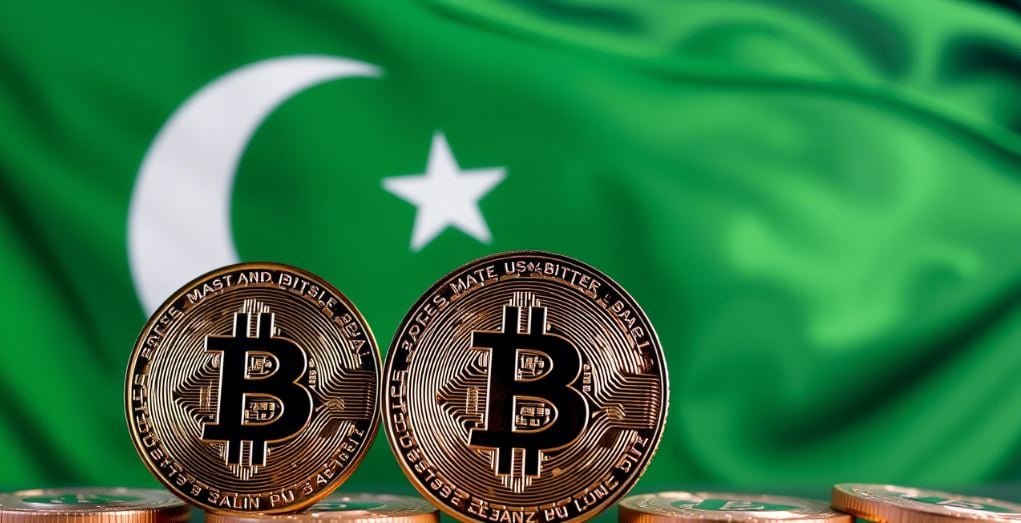Pakistan Considers Launching Rupee Stablecoin, Cites $25B Potential


Officials Eye Digital Rupee and Crypto Regulation
Pakistan is considering a rupee-backed stablecoin as policymakers warn that continued delays in digital asset regulation could cost the country as much as $25 billion in lost economic opportunities. The proposal was discussed at the Sustainable Development Policy Institute (SDPI) Conference on Friday, according to the Daily Times.
Zafar Masud, president of the Pakistan Banks Association (PBA), said the government could unlock between $20 billion and $25 billion in crypto-related growth if it establishes a clear framework for digital assets. He described the global stablecoin market as a “booming opportunity” and confirmed that Pakistan is “seriously considering a rupee-backed stablecoin.”
Masud added that a Central Bank Digital Currency (CBDC) could reduce remittance costs and improve access to financial services. Pakistan relies heavily on overseas remittances, which topped $29 billion in fiscal 2024, according to the central bank.
Investor Takeaway
CBDC Prototype in Development
Faisal Mazhar, deputy director of payments at the State Bank of Pakistan, said a CBDC prototype is already being developed with support from the World Bank and International Monetary Fund. A pilot phase is planned before a full rollout. Officials view the digital rupee as part of a broader effort to modernize the payments system and reduce dependence on .
Pakistan’s exploration of a CBDC mirrors efforts across Asia, where India and China have both advanced digital currency programs. The State Bank has previously warned that unregulated crypto use poses risks to financial stability but has signaled growing interest in blockchain technology as a payments tool.
Private Sector Steps In With Dollar-Backed Tokens
The public-sector push follows the emergence of ZAR, a fintech firm aiming to make dollar-backed stablecoins accessible to users in Pakistan and other developing markets. ZAR raised $12.9 million in a funding round led by Andreessen Horowitz (a16z), with participation from Dragonfly Capital, VanEck Ventures, Coinbase Ventures and Endeavor Catalyst.
The company targets Pakistan’s population of 240 million, where over 100 million adults remain unbanked. Its founders say stablecoins can offer a quicker, cheaper alternative to bank transfers and cash-based remittances. Local analysts view ZAR’s expansion as a sign of rising demand for dollar-pegged tokens in a country grappling with inflation and capital controls.
According to Chainalysis, Pakistan climbed six places in 2025 to rank third globally in crypto adoption, behind only India and Nigeria. Retail use of digital assets continues to grow despite a lack of formal regulation, with stablecoins now a common payment method among freelancers and importers.
Investor Takeaway
Pakistan Opens Door to Global Crypto Firms
In September, the government invited international platforms and virtual asset service providers (VASPs) to apply for licenses under a new federal framework. The Pakistan Virtual Asset Regulatory Authority (PVARA), created under the Virtual Assets Ordinance 2025, will overview licensing and supervision.
PVARA has asked global firms to submit Expressions of Interest to participate in shaping the new market structure. Regulators hope the framework will attract foreign investment while setting guardrails for anti-money-laundering and investor protection standards.
The government’s move follows years of uncertainty, during which Pakistan banned crypto trading several times before softening its stance. Officials now view digital assets as a potential driver of remittance efficiency and fintech innovation, provided oversight remains strict. Analysts say that striking a balance between compliance and innovation will determine whether Pakistan captures its share of the growing .
For now, both public and private sectors appear aligned on one point: without clear regulation, Pakistan risks watching neighboring markets capture the next wave of crypto and stablecoin capital.







